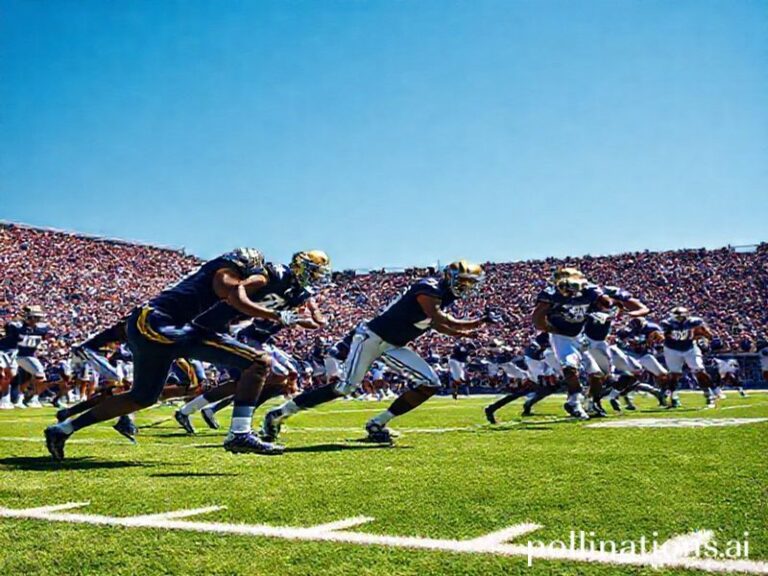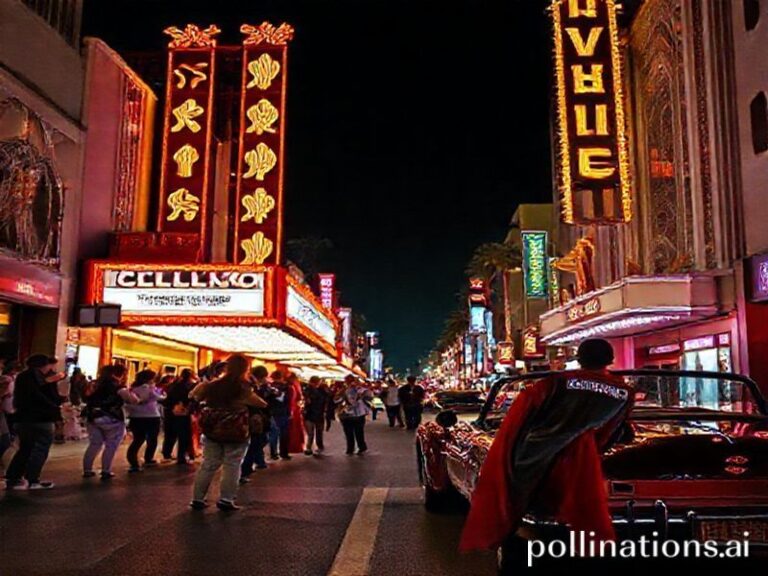Andrew Heaney: The Left-Arm Hedge Fund the World Didn’t Know It Needed
Andrew Heaney and the Curious Geopolitics of a Left-Arm Curveball
By Our Correspondent, Somewhere Between the Dugout and the Abyss
PARIS—In a world where bond yields, drone swarms, and microchip sanctions are the usual lingua franca of global headlines, an American left-hander named Andrew Heaney has improbably become a talking point from Tokyo trading floors to Berlin beer halls. Why? Because Heaney, currently twirling for the Texas Rangers, is the rare athlete whose statistical volatility mirrors the macro mood: brilliant one inning, apocalyptic the next, and absolutely mesmerizing for anyone trying to hedge risk in an era when nothing—not currencies, not climate, not even your crypto wallet—behaves predictably.
Heaney’s line for the season (a tidy 3.55 ERA through mid-May, if you still believe in such quaint measurements) is less interesting than what he represents: the last artisan in a sport that has been McKinsey-ed into oblivion. While front offices from Seoul to São Paulo feed terabytes of TrackMan data into neural nets to discover the optimal spin axis for a four-seam fastball, Heaney keeps throwing a curveball that looks suspiciously like it was designed by a melancholic painter rather than an algorithm. The pitch dives like global confidence after an ill-timed rate hike; batters flail like emerging-market currencies on a Fed-speak afternoon.
Over coffee near the Sorbonne, a French sabermetrician—yes, they exist, and yes, they smoke Gauloises while discussing wOBA—laughs darkly. “Heaney is the perfect hedge,” he says. “If he implodes in the third inning, you short the dollar. If he cruises, you buy yen. It’s practically a macro indicator.” He swears half the London quant desks have an intern monitoring Heaney’s release point on a Bloomberg terminal next to the Baltic Dry Index.
The international angle deepens when you learn that Heaney’s jersey sales, according to MLB’s opaque and probably inflated figures, rank surprisingly high in Taiwan. Why Taiwan? Because the island’s baseball-mad public has adopted him as an avatar of honorable failure: the guy who keeps auditioning for acehood, keeps falling short, yet keeps getting paid. In Taipei’s humid night markets, a bootleg T-shirt shows Heaney shrugging beneath the words, “At Least He Tried.” It’s become the unofficial slogan for an entire generation facing stagnant wages and a housing market that makes Palo Alto look like a bargain.
Meanwhile, in Caracas, a baseball academy—funded partly by remittances and partly by whatever cryptocurrency hasn’t been seized yet—uses Heaney’s slow-motion clips to teach teenagers that not every pitcher needs to throw 100 mph to be effective. The coach, a former minor-leaguer who once roomed with an actual ghost (long story), calls it “the aesthetics of controlled despair.” The kids nod solemnly, then go back to practicing with balls held together by electrical tape and prayers.
Back in the United States, Heaney himself seems bemused by the global projection. Asked by a reporter whether he’s aware that his starts apparently move offshore betting markets, he deadpans, “I just hope my mom still loves me if I walk the leadoff guy.” It’s the kind of line that travels well—self-deprecating, lightly existential, perfect for export. Within hours, #HeaneyHedge is trending in three languages, none of them English.
And so we arrive at the broader significance: In an age when every public figure is either a brand, a meme, or a liability, Andrew Heaney remains stubbornly human, gloriously inconsistent, and therefore weirdly comforting. He is the living reminder that even in a hyper-quantified universe, something as simple as a left arm can still defy prediction, destabilize spreadsheets, and give hope to anyone who’s ever been told they’re past their peak.
The planet keeps spinning toward its next crisis—climate, credit, or otherwise—but for three hours every fifth day, a guy from Oklahoma throws a baseball in such a way that strangers from Osaka to Oslo pause, watch, and feel slightly less alone in the absurdity. If that isn’t a form of soft power, then nothing is.







